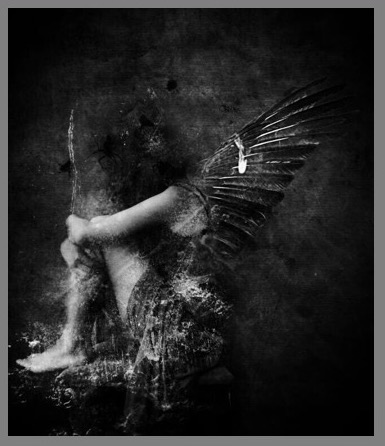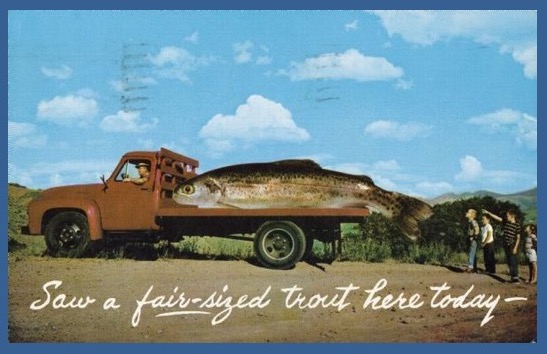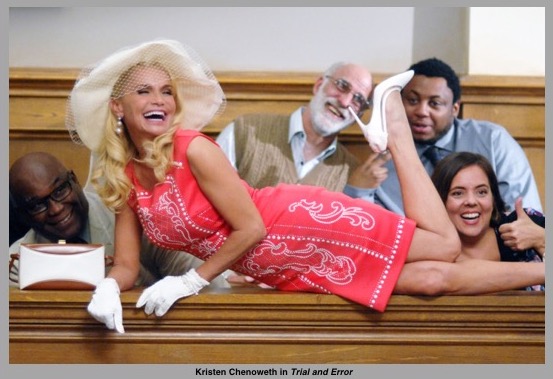It’s taken me a long time to realize there are people who love to read but who don’t give a damn about how a thing is written. Yeah, I know, should have been obvious with one browse of bestseller books—but, somehow, the concrete realization of this fact  managed to elude me. Of course, not all bestsellers are badly written. Many are quite well written, in fact. But now and then someone comes along like Stieg Larsson or Dan Brown or Stephanie Meyer or E. L. James who are really atrocious at narrative but still manage to concoct a compelling story and capture that certain something in the zeitgeist that has people flocking to them.
Full disclosure: I am again attempting to read Stieg Larsson’s Girl With the Dragon Tattoo, and this time it seems to be sticking, but I have bounced off Larsson and these other writers. I probably won’t try the others again as there seem to be diminishing returns and too many other things I’d rather read. The thing is, as I have been struggling with my own writing, I have also been struggling with my ability to read fiction. I keep bouncing off of books, even well-written ones, even those by old favorites, and I’ve been longing to become immersed in something. I’m far enough past Larsson’s tell-not-show and long infodump opening that the mystery of Tattoo has had a chance to hook me, so I may actually finish this book. No guarantees, though. It’s been the first part of December since I finished anything, even rereads of old favorites. (The last was Deborah Harkness’s Times Convert, the follow-on book to her All Souls Trilogy. It was meh, but I’d loved the other books and wanted to catch up on the characters.)
My writing and my fiction reading have always been connected. One feeds the other, even if what I’m reading has nothing to do with what I’m writing. Being immersed in someone else’s world for a time helps stimulate the mystic place in my brain where my own singing starts. I can’t help thinking that if I cure one symptom it might help cure the other.
I’m still writing almost every day, and it’s still mostly like pulling teeth, but I do plant butt in chair. Most days it isn’t much more than 500 or so words. Some days I’m blessed by 1000 or so. Today, all I managed was 250. But the important part is sitting my butt in the chair, opening the file, and doing something.
So, readers who don’t care how a thing is written. It’s all good. People should like what they like regardless of nerds like me who care about those things. I once had a friend who absolutely refused to read when he was younger, even though it caused him problems in school. He was a bright, imaginative, funny fellow but he just hated reading. Then one day when he was in high school a perceptive teacher shoved a science fiction book into his hands. He was intrigued by the premise and started to read. From that moment on, he became a voracious reader of science fiction and fantasy. He always had a book in his hands. He did confess to me, though, that he often skipped the descriptive parts and dialogue tags and read just the dialogue so he could get through the story faster.
And therein hangs a tale: there are many people like him. Not only do they not care how a thing is written, they want to get through the story as fast as possible to find out what happens. No savoring. They don’t really care about “the art of story,†that immersive feel of a book. It’s a mystery to me why they read at all—but again, that’s not for me to decide. People should be allowed to like what they like and how they like it, and no one—well-meaning nerd, politicizing authors, crusading literati, anyone—has the right to tell them otherwise.
There are no shoulds in reading. Only what gets you through the night. And the book.








